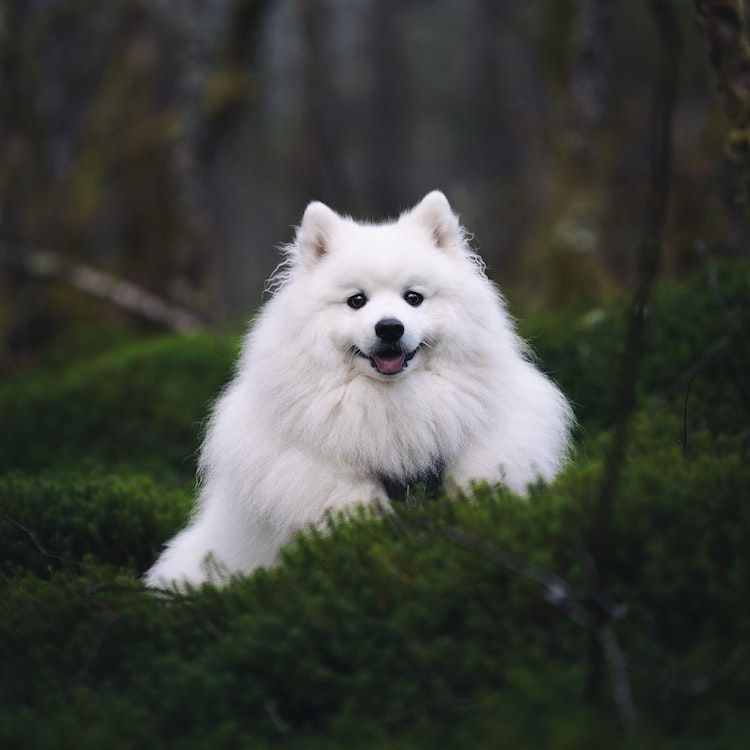About
Samoyed dogs are named after one of the original Siberian tribes that raised them as pastoral dogs. They would assist in lots of different areas including herding other animals, guarding, hunting, and pulling sleds.
These days Samoyeds, or Sammys, make wonderful pets for dog owners that live active lives and that will engage well with their dogs. Samoyeds have a lot of energy and will need a good amount of exercise.
Samoyeds are loyal dogs and can be realtively easy to train.
Health
The Samoyed breed is generally very healthy but regular health screening, good exercise, and mental stimulation will all help to keep them healthy.
As with all breeds, there are some common issues to be aware of and on the lookout for.
Hip Dysplasia
Symptoms: reluctance to exercise, clicking of hip joint, pain
A condition that affects the proper growing of one or multiple hip joints when a dog is still growing. There is some treatment so be on the lookout for symptoms.
Dental Diseases
Symptoms: cracking or missing teeth, bad breath, lack of appetite
There are a range of dental diseases that can affect dogs. Brushing their teeth regularly with a suitable dog toothpaste can help avoid issues and Vets will check their teeth too.
Cataracts
Symptoms: clouding eyes, rubbing/scratching eyes, bumping into things
Cataracts affects a dog’s eyes and can get worse over time, eventually leading to blindness. Treatment is available and can help slow or halt the effects.
Appearance
Weighing in anywhere between 15 and 30 kg, Samoyed are medium-sized dogs. They tend to be around 50 – 60cm tall.
Samoyed dogs have a double coat and will need a good amount of grooming to keep them healthy and looking fresh.



All Samoyed dogs are pale coloured with the breed standard recognising White, Biscuit, and Cream coats.
These colours are very similar and to the untrained eye it can be hard to tell them apart.
Behaviour
Samoyeds are dogs that need companionship. They form close bonds with their owners and may have issues if they are separated from their owner for long stretches. You’ll find that a Samoyed won’t want to leave your side!
When exercising a Samoyed, keep them close as they have a tendency to run off and explore, sometimes going quite far away.
Although Samoyeds are very friendly, even with strangers, they have a history as guard dogs so they can be quite chatty and may be wary of other dogs.

